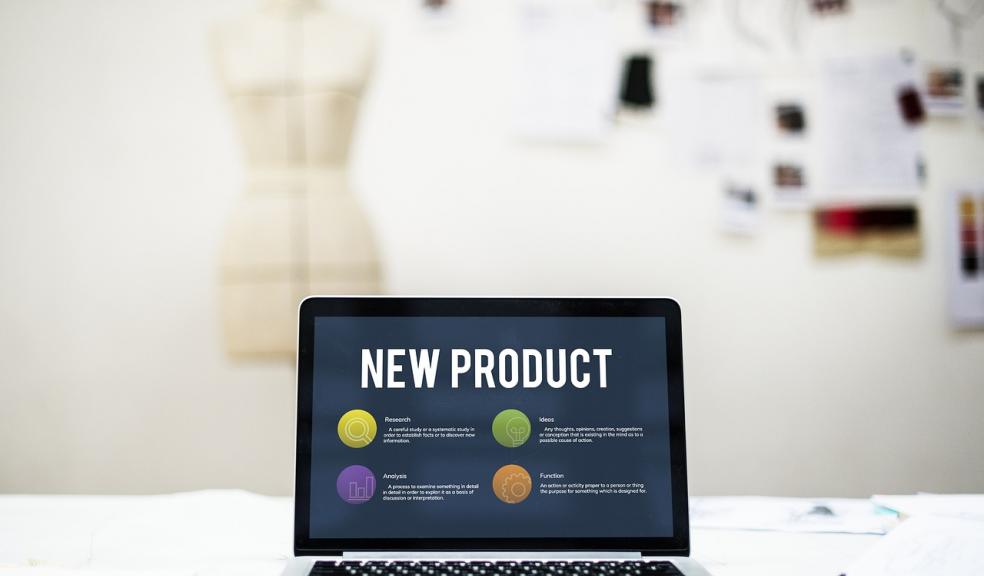
Building a product that will sell
If you have an idea for a product, you need to know that that product will sell before you launch it. A launch will cost money, time, and effort, and unless you can be sure that you are getting it right, that could all be wasted on a product that simply doesn’t sell. With that in mind, how can you build a product that actually will sell? Here are some ways you can get started.
Know Your Buyer
In order to build a product that will sell, you need to know who is most likely to buy from you. A vague idea that your product will appeal to everyone is just no good – you won’t be able to market well enough if you try to market to the entire world all at once. Instead, you should drill down to find out exactly who will buy your product. This may take some time and will require dedicated market research, but that time and effort will be well worth it once you identify your ideal target market.
When you know who you are going to be selling to, you will know exactly how to market your product, and how to ensure that the right people see what you are selling. Rather than spreading yourself too thin, you will be able to create a marketing campaign that really works.
Test Your Products
You may think you have the ultimate product and that it will fly off the shelves with ease, but are you sure about that? The only way to be completely sure and to have confidence in the product you are selling is to have it tested with digivante.com.
Testing your product, receiving feedback, assessing whether or not people are really going to buy it or if they even need it means you can launch when you are ready, and not before. You can ensure that all flaws and issues are ironed out, and you can have the confidence you need to sell your products.
Price Correctly
Something that could cause a problem for you when it comes to building a product that will sell is the pricing. You need to ensure that you are able to make a profit while still offering your customers a fair price for what you are selling. This will require some thought and thorough calculations to check that you are doing the right thing.
Pricing your products too low can cause a number of issues, which may come as a surprise. The first problem is that amount of profit you will be making will be reduced, and as well as the fact that low prices can sometimes be looked upon with suspicion, especially if your competition is pricing much higher. Pricing too high is also a potential problem. Although you will make more profit on each individual sale, the number of sales you make will be much lower (especially if your prices are much higher than the competition). Striking the right balance is essential.











